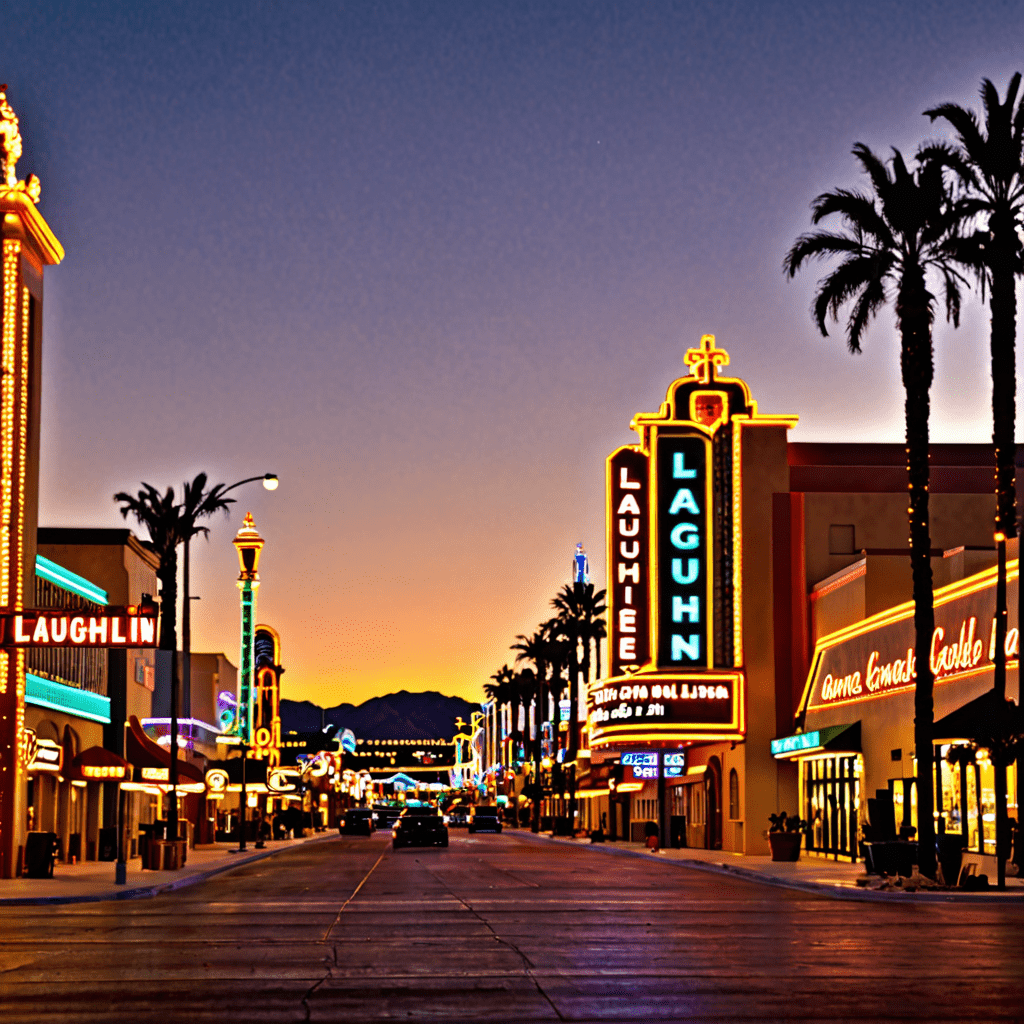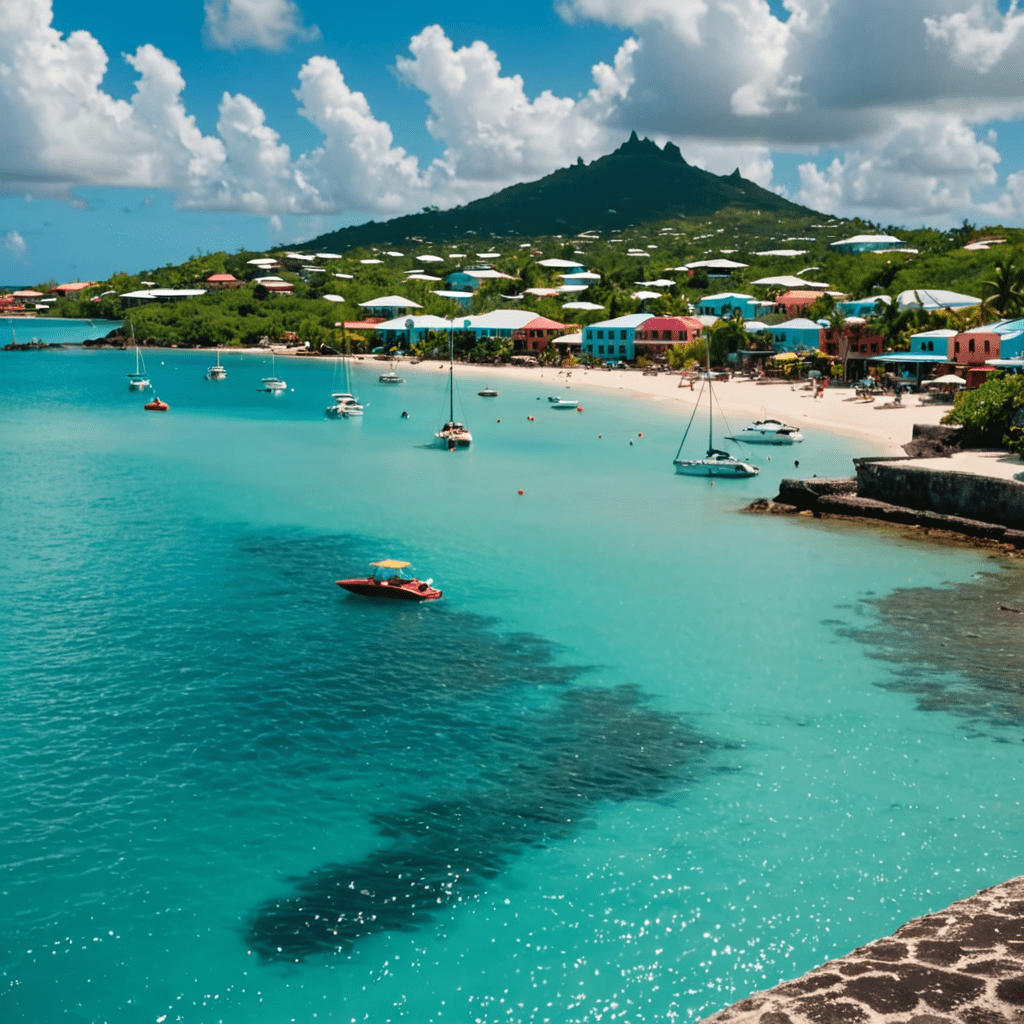Discovering the Rich History of Algiers
Algiers, the vibrant capital of Algeria, is a city steeped in history and culture. From its ancient roots to its colonial past, exploring Algiers offers a fascinating journey through time. Let’s uncover the rich history of this enchanting city.
The Ancient Origins of Algiers
Founded by the Phoenicians in the 4th century BC, Algiers boasts a history that spans over two millennia. The city’s strategic location on the Mediterranean coast made it a significant trading hub, attracting various civilizations over the centuries.
The Influence of Roman Rule
During the Roman period, Algiers, then known as Icosium, flourished as an important outpost in North Africa. Roman ruins, such as the Timgad and Djemila, offer a glimpse into the city’s architectural heritage from this era.
The Islamic Golden Age
Algiers experienced a cultural renaissance during the Islamic Golden Age. The city became a center of learning, art, and trade, leaving behind intricate mosques, palaces, and souks that still stand as a testament to its Islamic heritage.
Colonial Legacy
With the arrival of European powers in the 16th century, Algiers became a battleground for control. The city’s colonial past under French rule has left a lasting impact on its architecture, cuisine, and language, creating a unique blend of European and North African influences.
Revolution and Independence
The 20th century witnessed Algeria’s struggle for independence from colonial powers. Algiers played a pivotal role in the fight for freedom, with historic sites like the Martyrs’ Memorial commemorating the sacrifices made during this period.
Modern-day Algiers
Today, Algiers stands as a vibrant metropolis that seamlessly blends its rich history with modernity. Visitors can explore ancient Casbah, a UNESCO World Heritage site, wander through the French-inspired architecture of the city center, or relax on the picturesque beaches along the Mediterranean coast.
Exploring the Hidden Gems
As you delve into the history of Algiers, don’t forget to uncover the city’s hidden gems. From the bustling markets of Bab el Oued to the serene Botanical Garden of Hamma, every corner of Algiers offers a unique story waiting to be discovered.
Frequently Asked Questions about Discovering the Rich History of Algiers
What makes Algiers a historically rich destination?
Algiers, the capital of Algeria, boasts a rich history dating back centuries. From its iconic Kasbah to ancient mosques and Ottoman palaces, Algiers is a treasure trove of historical landmarks that showcase its diverse cultural heritage.
What are some must-visit historical sites in Algiers?
Visitors to Algiers should explore the Casbah of Algiers, a UNESCO World Heritage site known for its maze-like streets and historic architecture. Other notable sites include the Ketchaoua Mosque, the Bardo Museum, and the Palace of the Dey, all offering insights into Algiers’ past.
How did Algiers’ history influence its present-day culture?
The rich history of Algiers has significantly shaped its modern culture, from the fusion of Arabic, Berber, and French influences in its cuisine to the vibrant arts scene that reflects the city’s complex past. Exploring Algiers allows visitors to appreciate the continuity of traditions and the resilience of its people.


